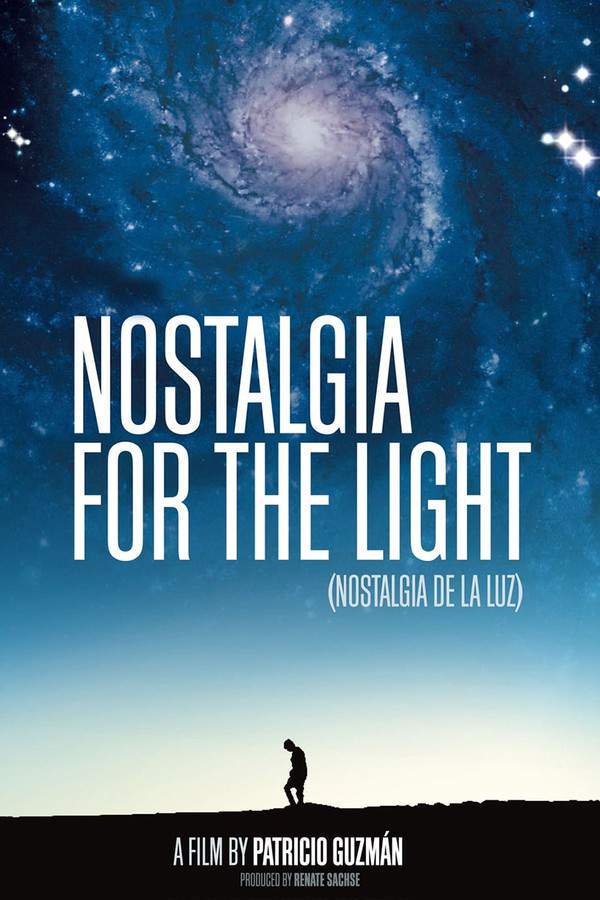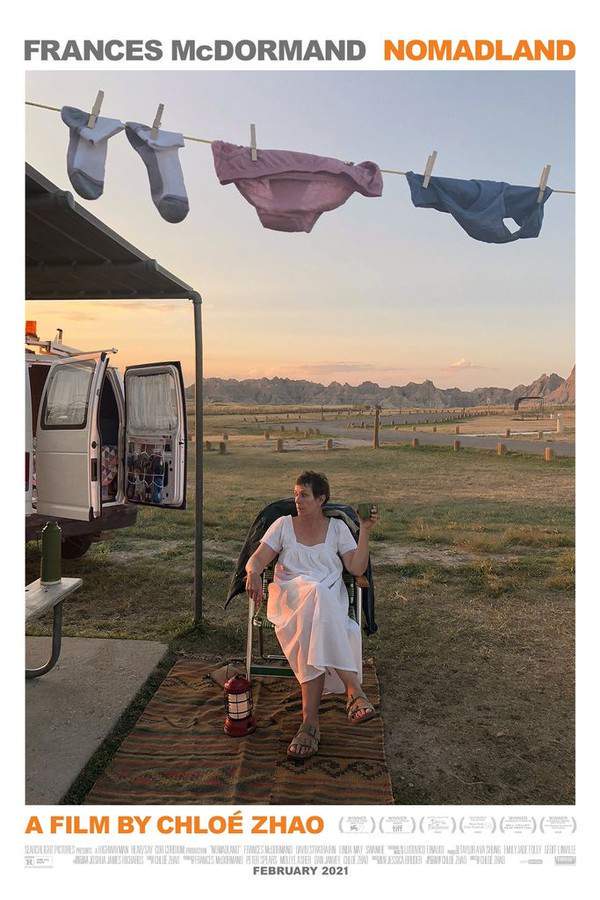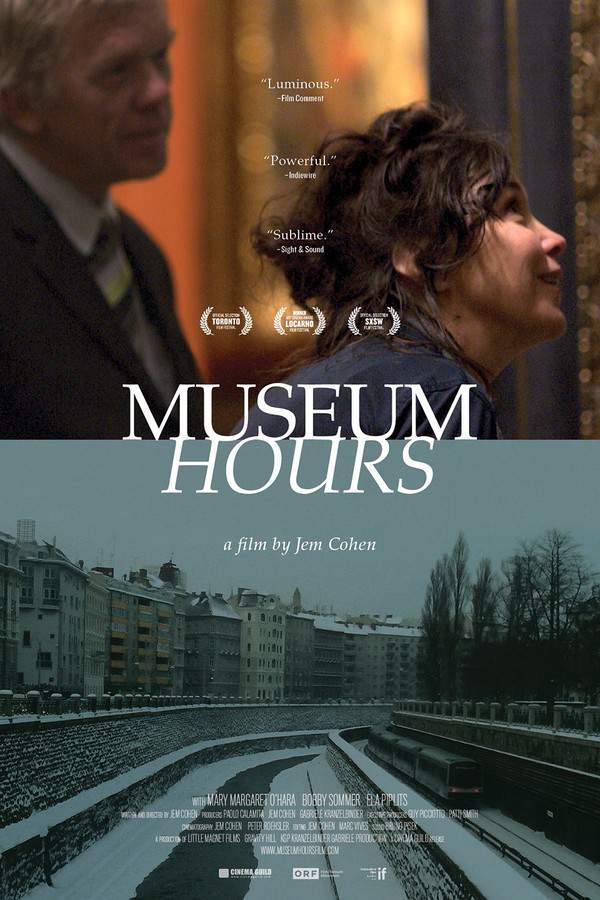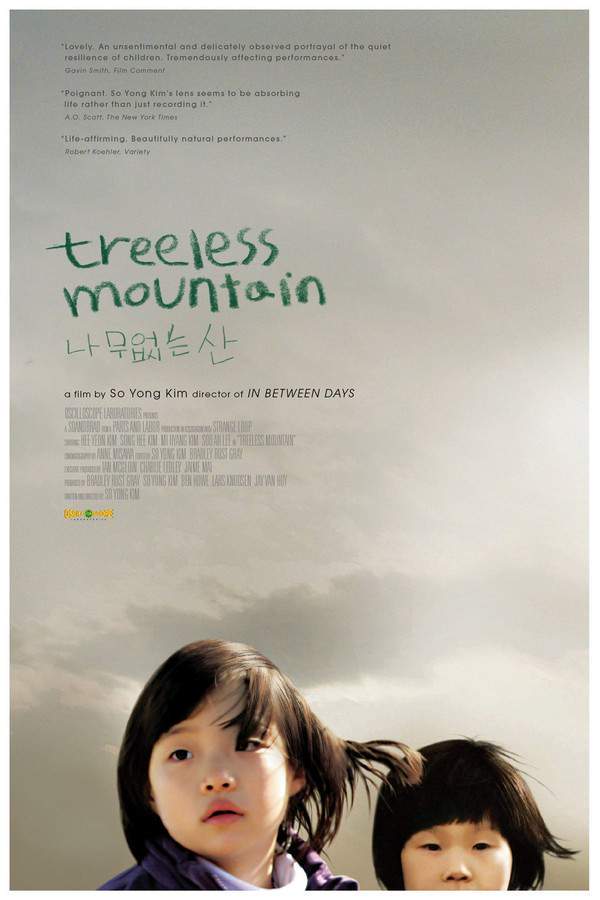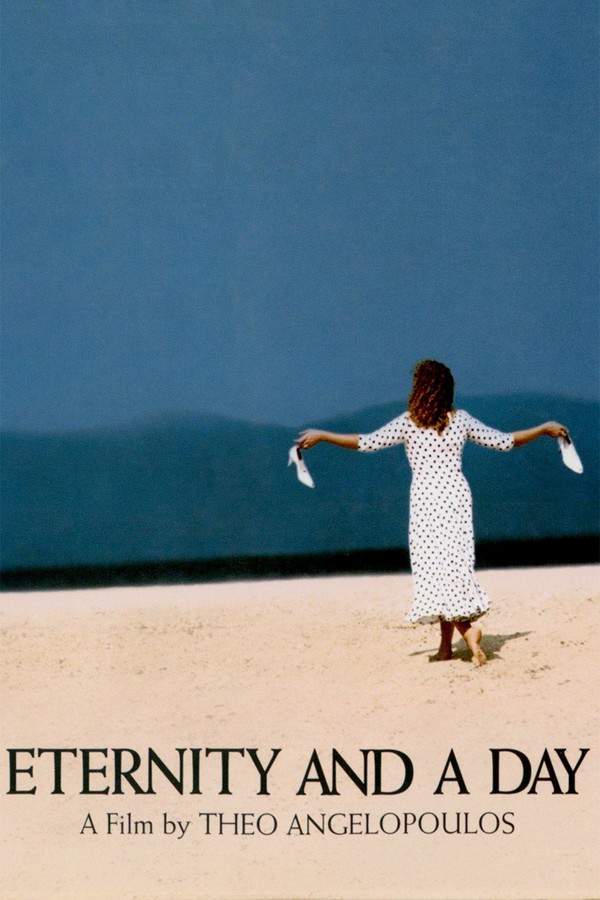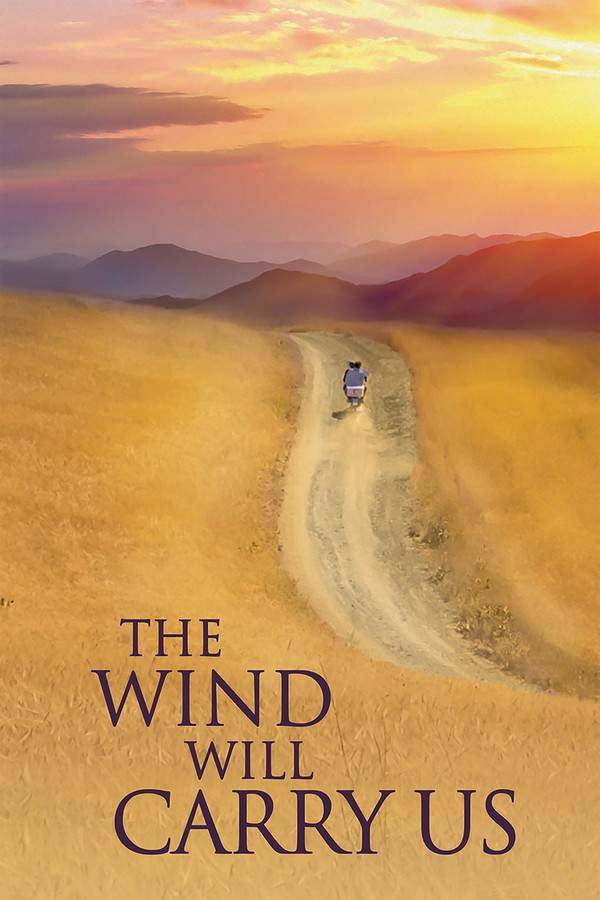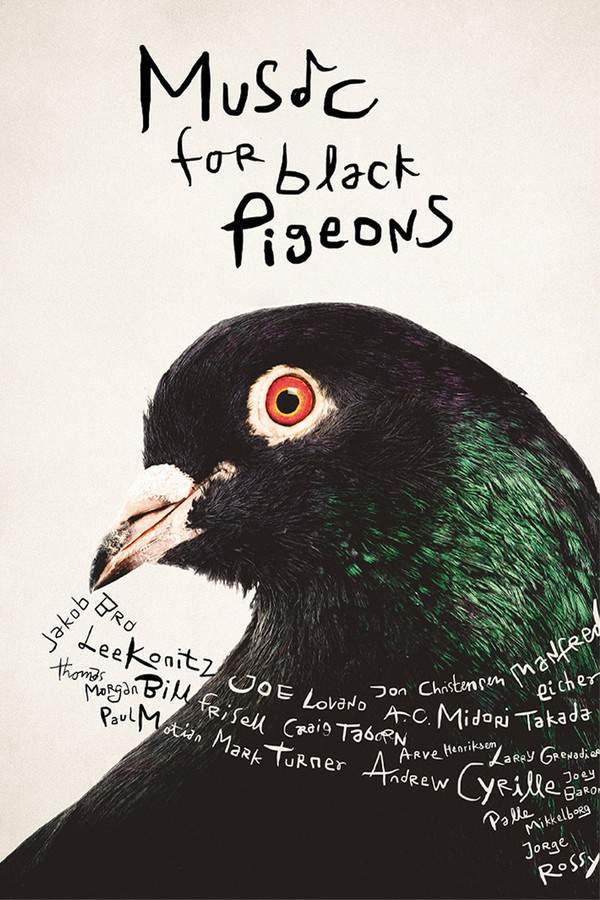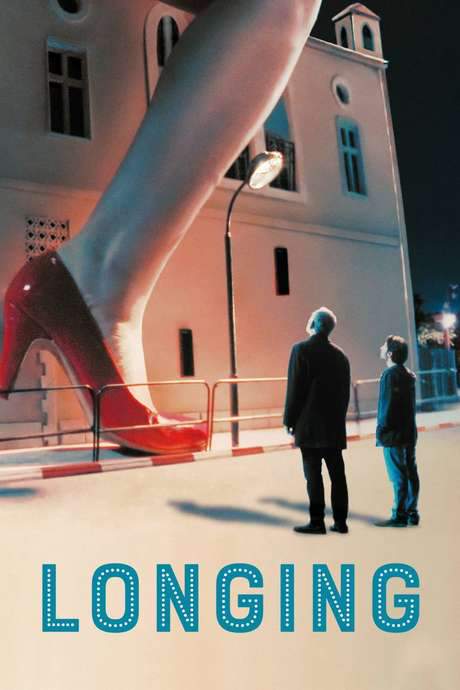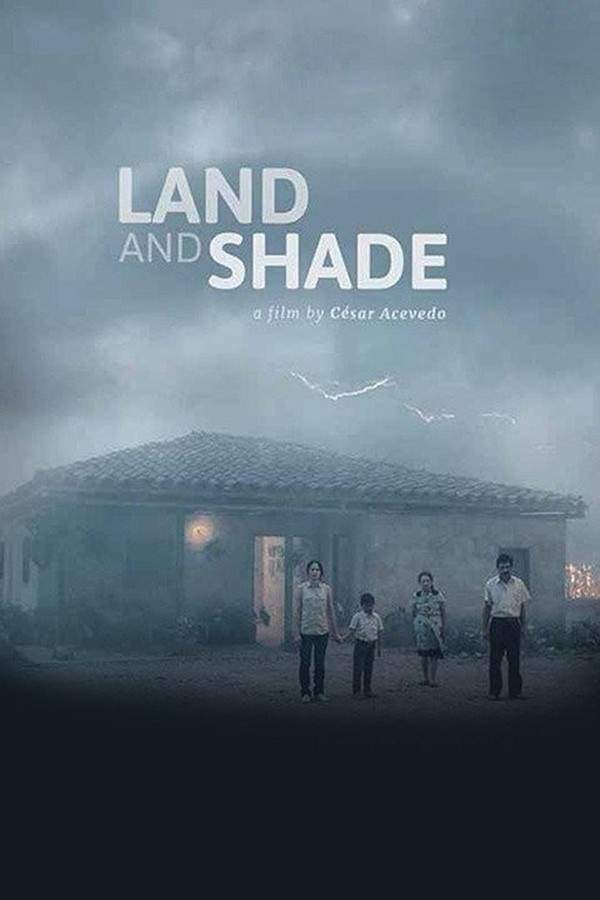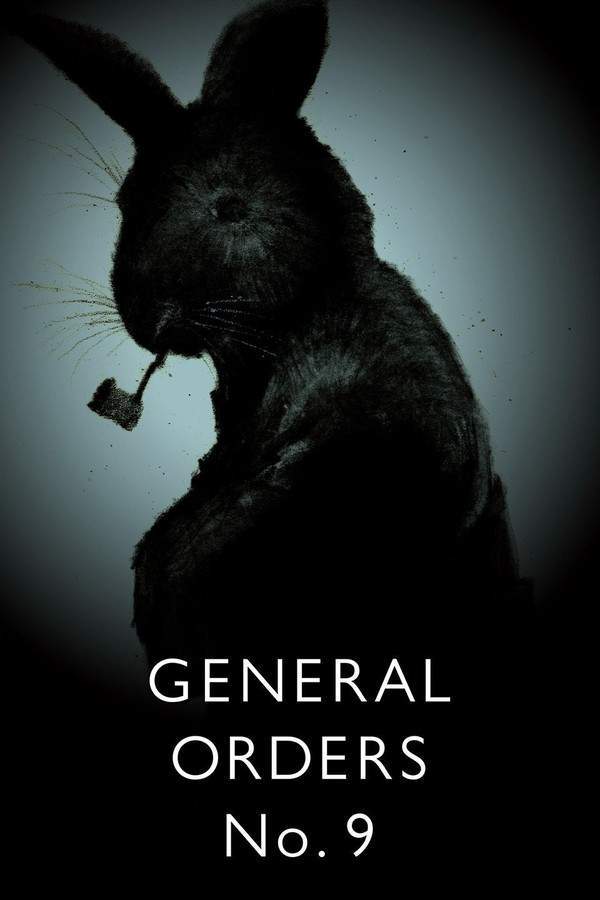
General Orders No. 9
Year: 2011
Runtime: 72 min
Language: English
Director: Robert Persons
This documentary explores the complex relationship between nature and human development in the American South. Through a blend of striking visuals, poetry, and music, director Robert Persons creates a poignant reflection on change and loss. Spanning over a decade, the film offers a cinematic journey filled with breathtaking cinematography and a deeply personal exploration of the search for meaning in a changing landscape.
General Orders No. 9 (2011) – Spoiler-Free Movie Summary & Plot Overview
Get a spoiler-free look at General Orders No. 9 (2011) with a clear plot overview that covers the setting, main characters, and story premise—without revealing key twists or the ending. Perfect for deciding if this film is your next watch.
In the amber light of the American Deep South, the film opens onto a sweeping tapestry of rust‑crowned weathervanes, weather‑worn oak barns, and solitary “wolf” trees that stand sentinel over abandoned fields. The landscape itself becomes a quiet narrator, speaking of a region where waterways glide past dusty county roads and the encroaching sprawl of a modern metropolis looms on the horizon. Through a blend of haunting strings and ritualistic chants, the documentary sets a tone that is both reverent and contemplative, inviting viewers to linger on the delicate balance between untouched nature and relentless development.
At the heart of this visual poem is Robert Persons, a former Charleston magazine publisher turned filmmaker, whose contemplative voice guides the audience through a decade‑long meditation on Georgia’s cultural and geographical heritage. His narration, lyrical and measured, weaves together outdated maps, crumbling brick courthouses, and skeletal remnants of plantations, offering a personal lens through which the broader history of the South is examined. The film’s style is deliberately poetic, using striking cinematography and symbolic imagery to evoke the region’s layered memory without resorting to overt exposition.
The world the documentary paints is one of quiet tension—dusty rural routes intersect with serene waterways, while the ghost of past hardships lingers beneath the surface of modern expansion. The tone oscillates between awe at the region’s natural beauty and a subtle melancholy for the cultural amnesia that follows industrial progress. By anchoring the experience in Robert Persons’s reflective perspective, the film promises a journey that is as much about seeking meaning in a changing landscape as it is about honoring the stories etched into the very soil of the South.
Last Updated: August 10, 2025 at 07:50
Explore Movie Threads
Discover curated groups of movies connected by mood, themes, and story style. Browse collections built around emotion, atmosphere, and narrative focus to easily find films that match what you feel like watching right now.
Poetic and haunting elegies for lost worlds like General Orders No. 9
Melancholic meditations on fading cultures and the ghosts of history.Find more movies like General Orders No. 9 that serve as cinematic elegies. These films share a melancholic, poetic tone and a slow, reflective pace, using beautiful cinematography and profound themes of cultural memory and loss to create a deeply resonant viewing experience.
Narrative Summary
Narratives in this thread are less about linear plots and more about creating a tapestry of feeling and memory. They often unfold as a series of reflections, observations, and historical fragments, piecing together a portrait of a place or people marked by time and change. The journey is internal and philosophical, leading to a contemplative and often ambiguous conclusion.
Why These Movies?
These films are grouped by their shared commitment to a poetic form of filmmaking, a somber and reflective mood, and a deep thematic engagement with loss—be it cultural, environmental, or personal. They prioritize atmosphere and emotion over traditional narrative propulsion.
Cinematic tone poems of place and memory like General Orders No. 9
Slow, impressionistic films that are more about atmosphere than plot.Discover films with a similar feel to General Orders No. 9 that act as cinematic tone poems. If you enjoyed its slow pace, dreamlike visuals, and emphasis on mood over narrative, you'll find more contemplative and artistically-driven movies here.
Narrative Summary
The narrative pattern is often loose and associative, moving like a stream of consciousness through images and sounds connected by theme rather than cause-and-effect. The structure is more musical or poetic than dramatic, building to an emotional or philosophical resonance rather than a plot resolution.
Why These Movies?
These films are united by their experimental approach to form, prioritizing mood, texture, and visual poetry. They share a deliberate, slow pacing that allows the audience to absorb the atmosphere and are often driven by a central, poignant theme like memory or the passage of time.
Unlock the Full Story of General Orders No. 9
Don't stop at just watching — explore General Orders No. 9 in full detail. From the complete plot summary and scene-by-scene timeline to character breakdowns, thematic analysis, and a deep dive into the ending — every page helps you truly understand what General Orders No. 9 is all about. Plus, discover what's next after the movie.
General Orders No. 9 Summary
Read a complete plot summary of General Orders No. 9, including all key story points, character arcs, and turning points. This in-depth recap is ideal for understanding the narrative structure or reviewing what happened in the movie.

General Orders No. 9 Timeline
Track the full timeline of General Orders No. 9 with every major event arranged chronologically. Perfect for decoding non-linear storytelling, flashbacks, or parallel narratives with a clear scene-by-scene breakdown.

Characters, Settings & Themes in General Orders No. 9
Discover the characters, locations, and core themes that shape General Orders No. 9. Get insights into symbolic elements, setting significance, and deeper narrative meaning — ideal for thematic analysis and movie breakdowns.

More About General Orders No. 9
Visit What's After the Movie to explore more about General Orders No. 9: box office results, cast and crew info, production details, post-credit scenes, and external links — all in one place for movie fans and researchers.


